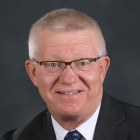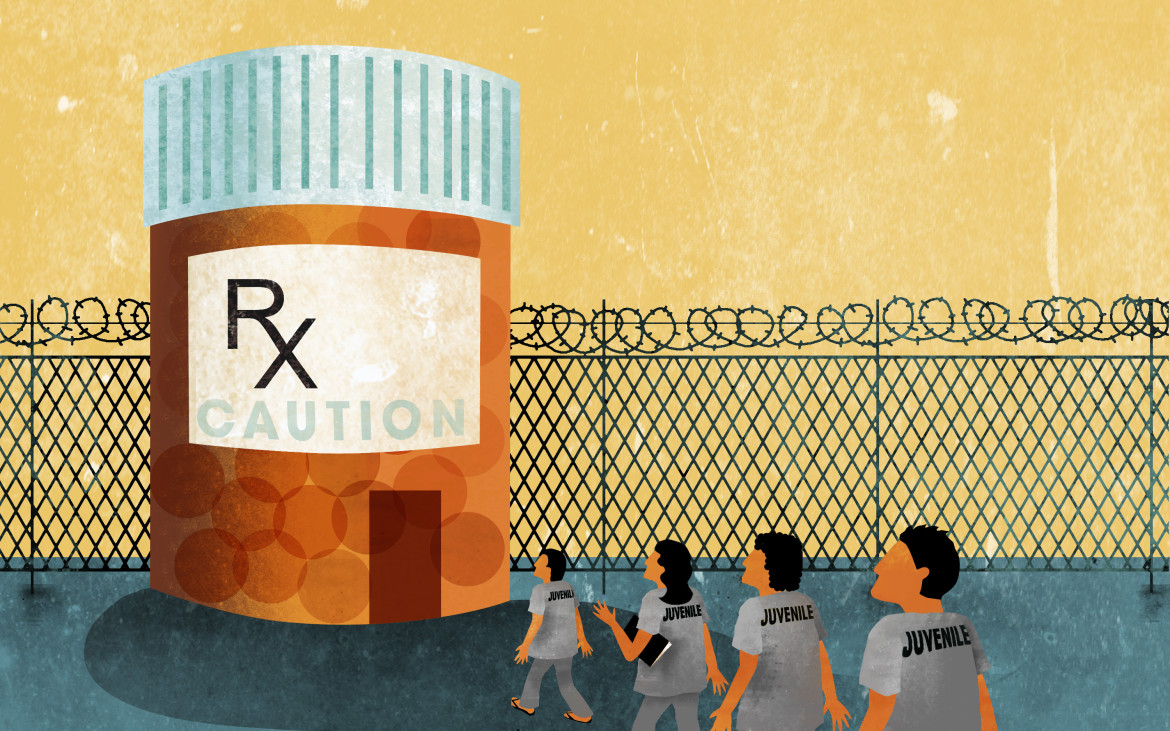
We Do Need Candidates for Change — in Justice System
|
Presidential politics is in full swing and while the number of candidates is being reduced, those remaining are still in the platitudes stage. You know how it goes: Each speaker states his or her faith in America, the strength and world leadership of the United States, the need to right the wrongs of past politicians, that progress must be made and that only “Change!” can save our future.





